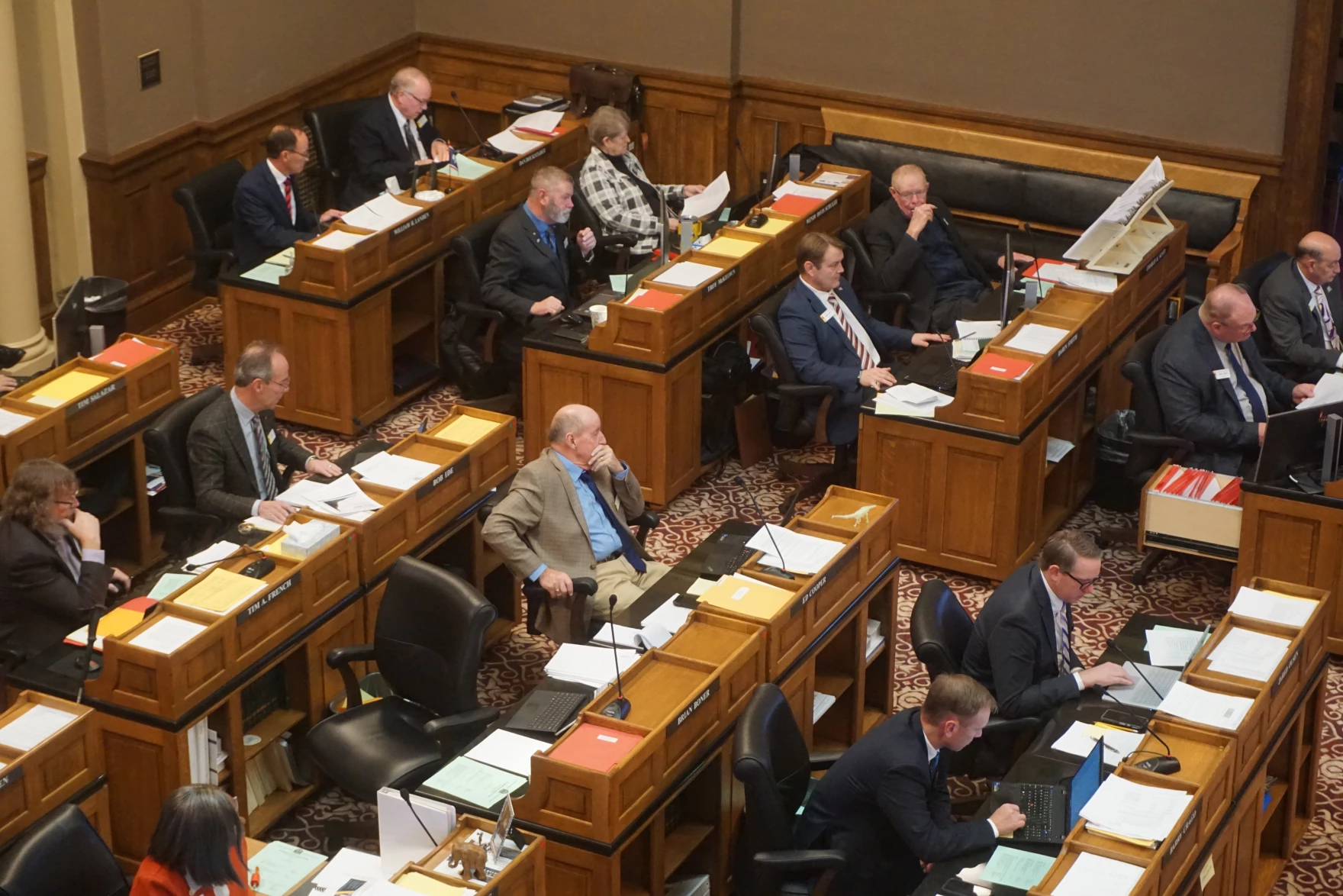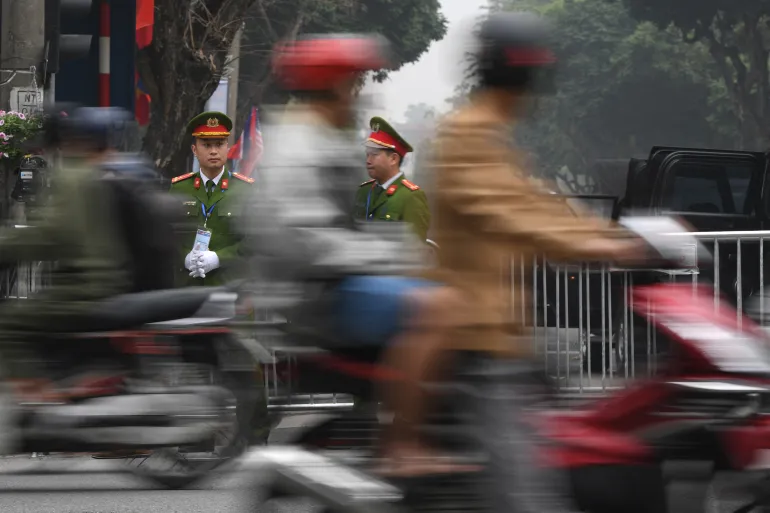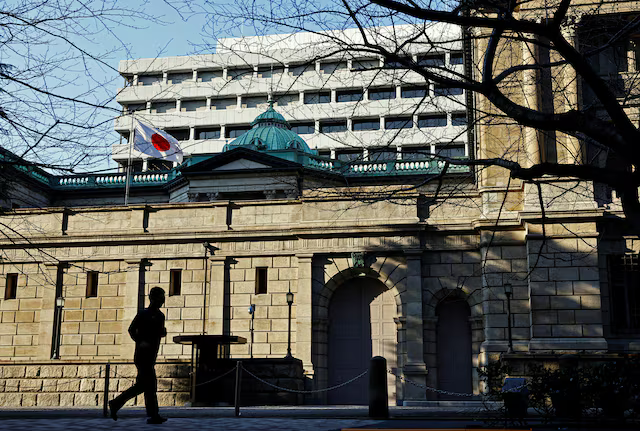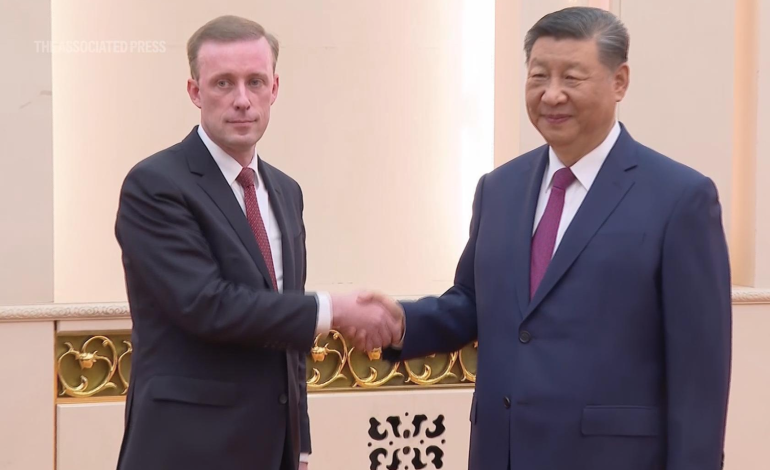Chinese leader Xi Jinping held a meeting on Thursday with US National Security Adviser Jake Sullivan, concluding Sullivan’s three-day visit aimed at maintaining open lines of communication between the two nations, which have seen increasing tensions in recent years, The Associated Press reports.
This trip marks Sullivan’s first official visit to China since assuming the role as chief national security adviser to President Joe Biden. During his visit, he also met with Chinese Foreign Minister Wang Yi and a senior general from the Central Military Commission, as part of efforts to navigate the complex relationship between the two countries.
Persistent Tensions and Diplomatic Efforts
Ties between China and the United States have deteriorated since a trade war began in 2018, with ongoing disputes encompassing a wide range of issues, including global security, China’s claims over the South China Sea, and industrial policies related to electric vehicle and solar panel production.
“We believe that competition with China does not have to lead to conflict or confrontation. The key is responsible management through diplomacy,” Sullivan said.
As both nations prepare for a potential change in US leadership in January, they reiterated their commitment to stabilizing relations, following the previous meeting between Xi and Biden in San Francisco last November. Xi asserted that despite the significant changes in the bilateral relationship, China’s aim for a stable and healthy US-China relationship remains steadfast.
Sullivan echoed this sentiment, noting President Biden’s commitment to managing this “consequential relationship” to prevent competition from turning into a conflict.
Key Issues on the Agenda
Xi and Sullivan addressed several critical issues, including the treatment of American citizens detained in China, tensions surrounding Taiwan, and maritime confrontations between China and the Philippines in the South China Sea. They further explored China’s increasing support for Russia.
While the two sides discussed potential avenues to advance efforts to end the conflict in Ukraine, Sullivan noted that they did not achieve any major breakthroughs on this front.
The sides have agreed to arrange a phone call between military leaders in the Indo-Pacific region, which Sullivan described as a “very positive outcome.” This initiative aims to enhance military communication and establish continuity for whoever succeeds Biden in the presidency.
Taiwan and Military Concerns
The issue of Taiwan, a self-governing island that separated from China in 1949 and has since resisted Beijing’s unification demands, was a prominent point of contention. The US is legally obligated to provide Taiwan with sufficient military resources to deter a potential invasion, and communications regarding Taiwan have become increasingly crucial amidst rising tensions.
During his visit, Sullivan met with General Zhang Youxia, one of China’s vice chairs of the Central Military Commission, in a rare engagement with a US official. Zhang reiterated that the reunification of Taiwan is “the mission and responsibility” of the Chinese military.
Relations took a significant downturn after then-House Speaker Nancy Pelosi’s visit to Taiwan in August 2022, which led China to suspend communications with US military officials. Dialogue was gradually restored following the Xi-Biden meeting in November 2023.









